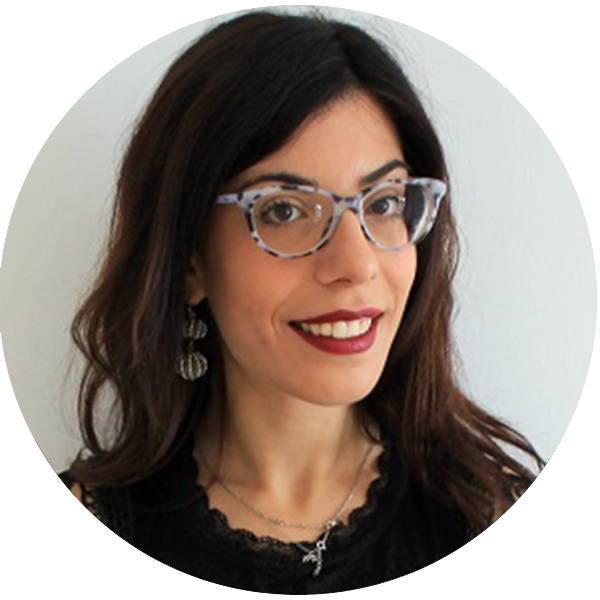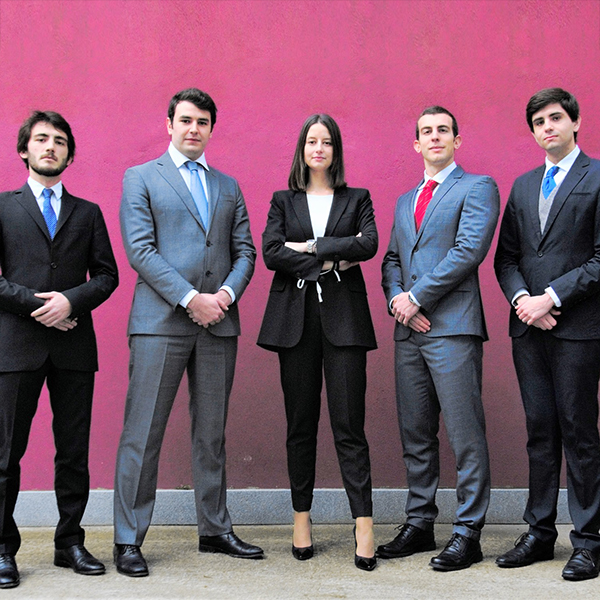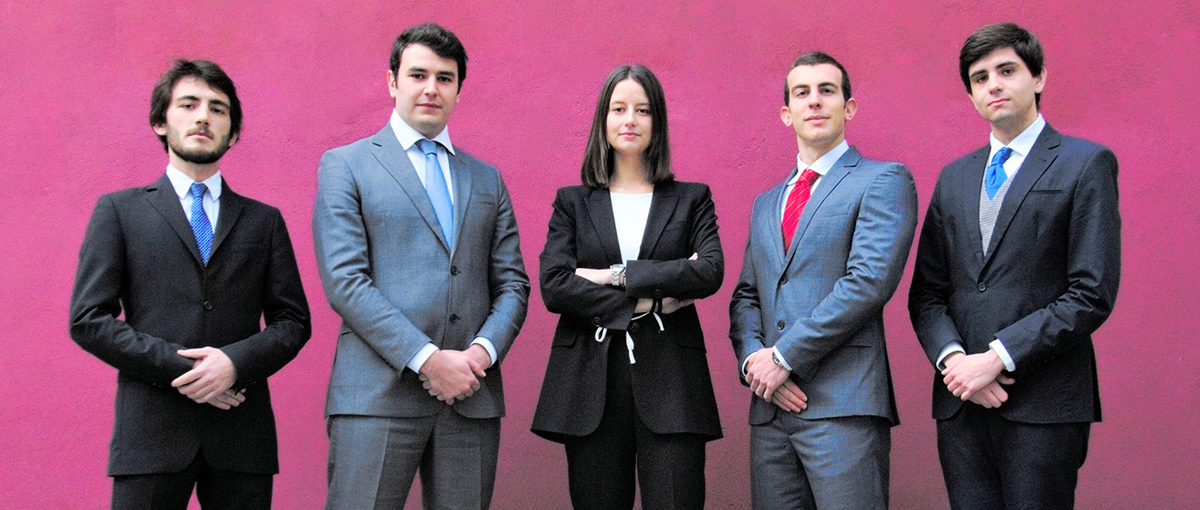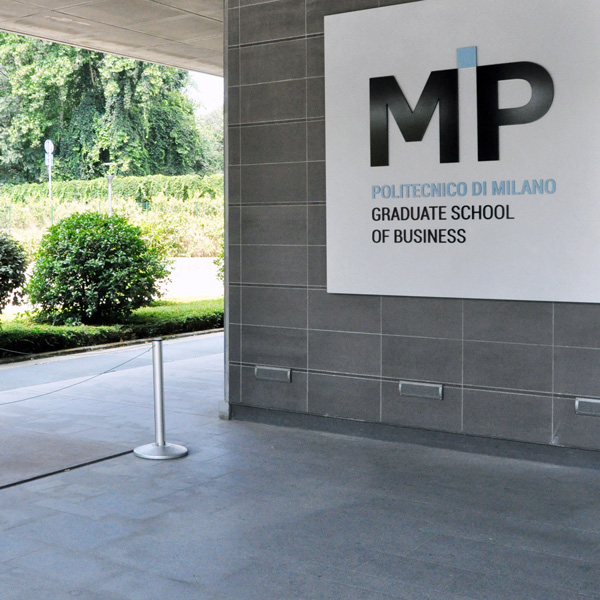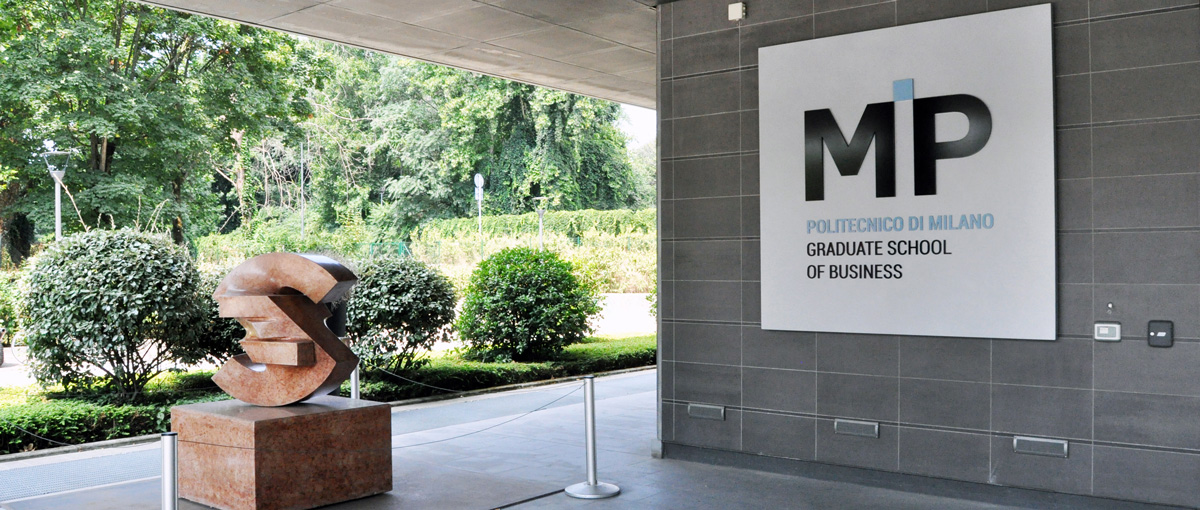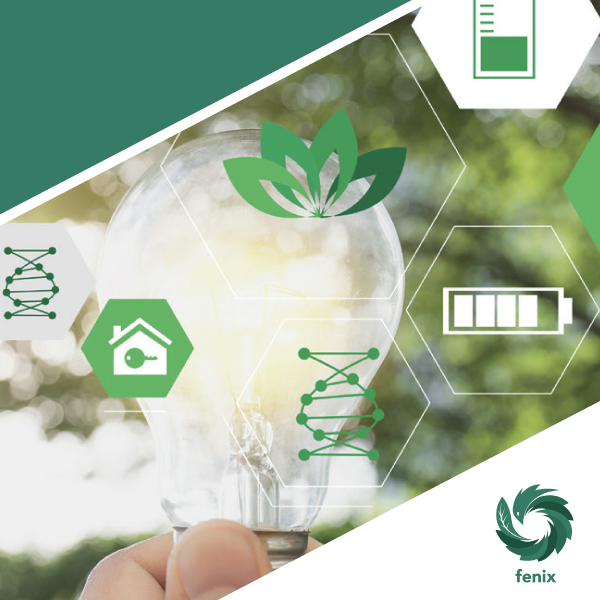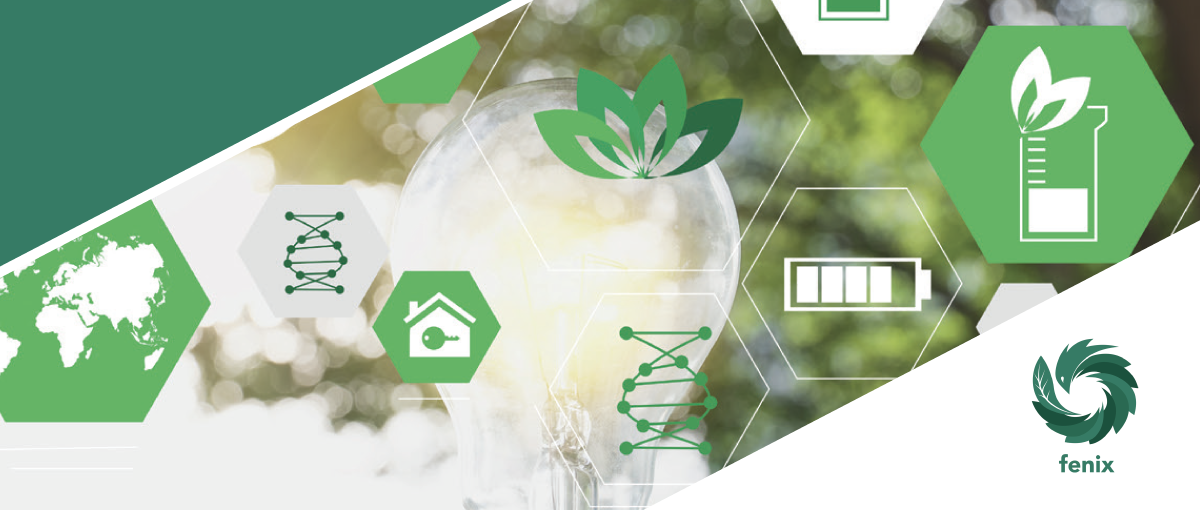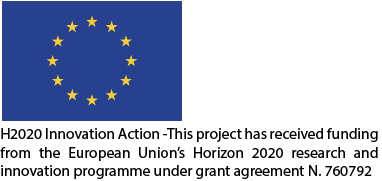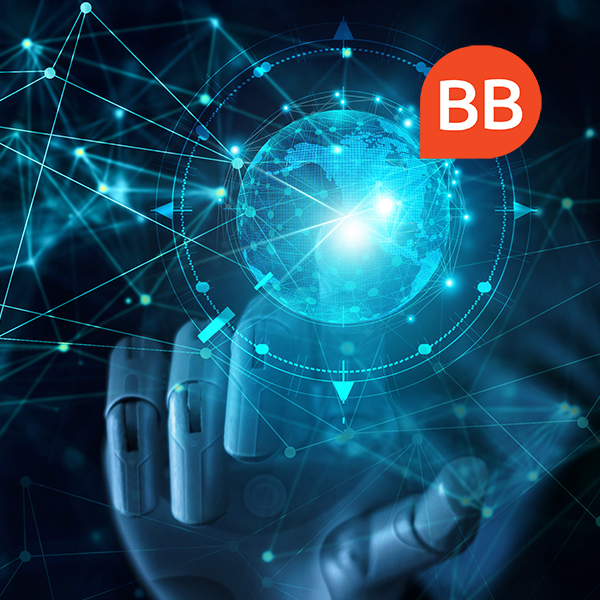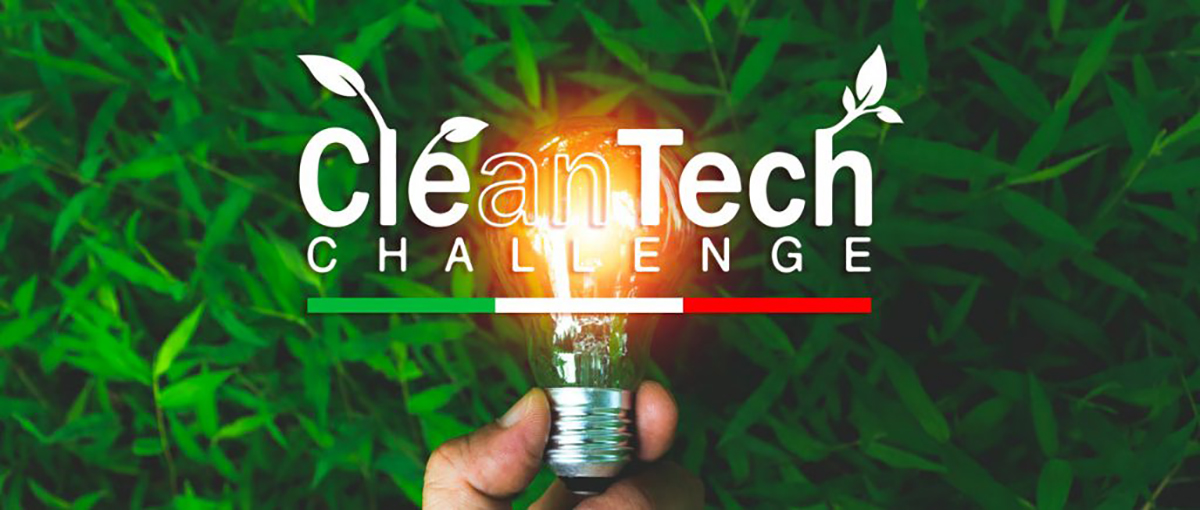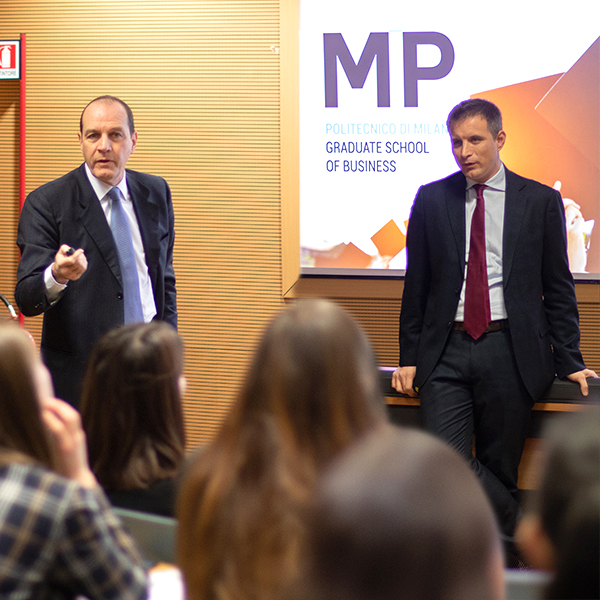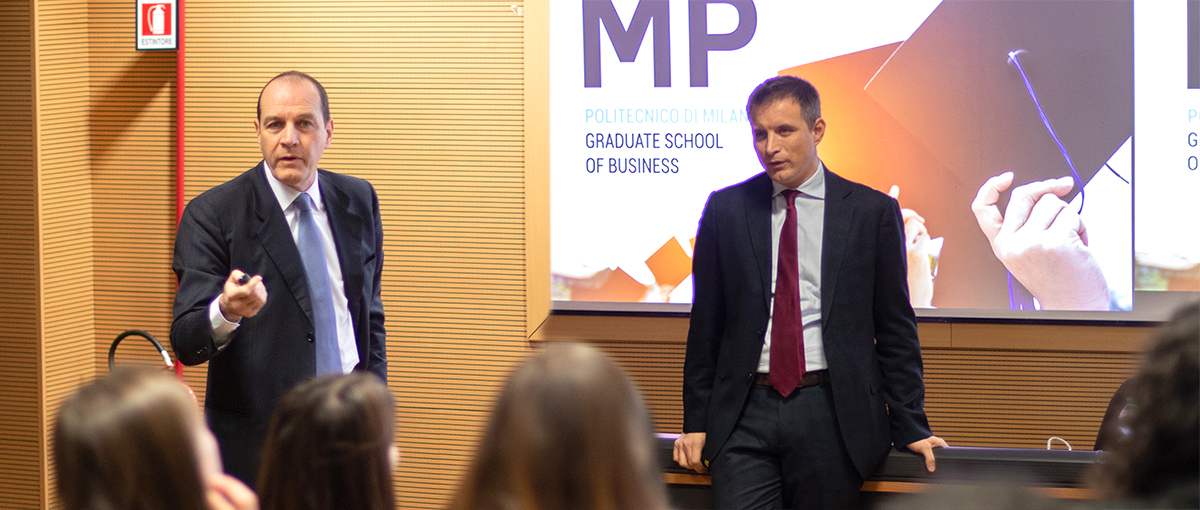
It all started with some of us being curious to know more about who everybody is are beyond busy classes and aperitivo time, when you chit-chat with people, randomly passing from one to the other sometimes with small talk, at other times with meaningful conversations that nonetheless stay private. It all started with us needing some real space and some time to bring a small audience together, to be able to speak freely and have some space to share. Back then, the MBA program was starting to be very condensed and most of the time it required so much attention and work in and out of the class that sticking together on a personal basis was a need felt by many. Bringing thoughts and doubts, freely speaking about who we are, why we are doing the Master, what brought some of us to move from faraway continents to Italy and where we are heading to are all topics MBA students would want to put on the table to start an exchange with the people they are seated next to the entire day.
The Smiling Mind Talks came to life out of this malaise as an informal project created by my classmate Victor, an immunologist with a research background all around Europe. At the beginning of the year, right after the first intense weeks of lectures, he proposed that we should have the chance to express ourselves in a direct and open way through our personal stories. Once a week, on a voluntary basis, two of our classmates could make a small chalk-talk or presentation following a rather free format, where they would tell us about themselves, their passions or projects. At the beginning, the number of participants was narrowed down to a few, but as time passed, and people asked to be listed for their talk, the buzz spread amongst us and the audience grew from week to week, until Smiling Mind bloomed into a long-awaited, rather crowded event of the week, anticipated by much joy, beers and food for all.
Thanks to Smiling Mind, I learnt about my Turkish friend Demet and the fears and thrills of her entrepreneurial project. Demet moved from New York to start working on a long-desired plan revolving around women’s empowerment in disenfranchised rural communities, that will enable an ancient form of handcraftsmanship – jewellery filigree – to become known to the broader public. I also had the chance to get closer to Felipe, a business analyst who embarked on the MBA adventure from Chile with his inseparable wife Carolina, with whom he has literally climbed mountains all around the world. Felipe comes from a sporty family and is also a runner, and some years ago he was involved in a major accident. Hearing his story of recovery and resilience created a beautiful energy amongst all of us. The day I did my talk, I myself felt very nervous: I was going to share something private about my life, past experience and future expectations; but the reassuring gaze in my classmates’ eyes made me feel at ease as I concluded towards a feedback session where comments and encouragements made me understand how a moment of spontaneous deep connection can make us improve as human beings and feel more engaged.
In the past weeks we have learned from the innovation course that in order to make a radical change, you need a shift in the meaning of things. In an age where words like mindfulness are often overused and misinterpreted, an activity like the Smiling Mind talks really have an impact on the way we learn, from top-down to team-based interactions that help us create a sense of community stemming from experience-based practices, where we can learn from each other how to become future leaders.
About the author
|
|
Marianna Trimarchi I am a candidate of the International Full Time MBA at MIP. I have a background in academia as a PhD in Communication and Strategic Analysis and a career as content producer in the Media Industry.I have worked for the Italian Television as author and assistant producer for cultural programs as well as for other media outlets as journalist. I am passionate about understanding complex phenomena particularly related to internationalization and global development from a multidisciplinary perspective. |

